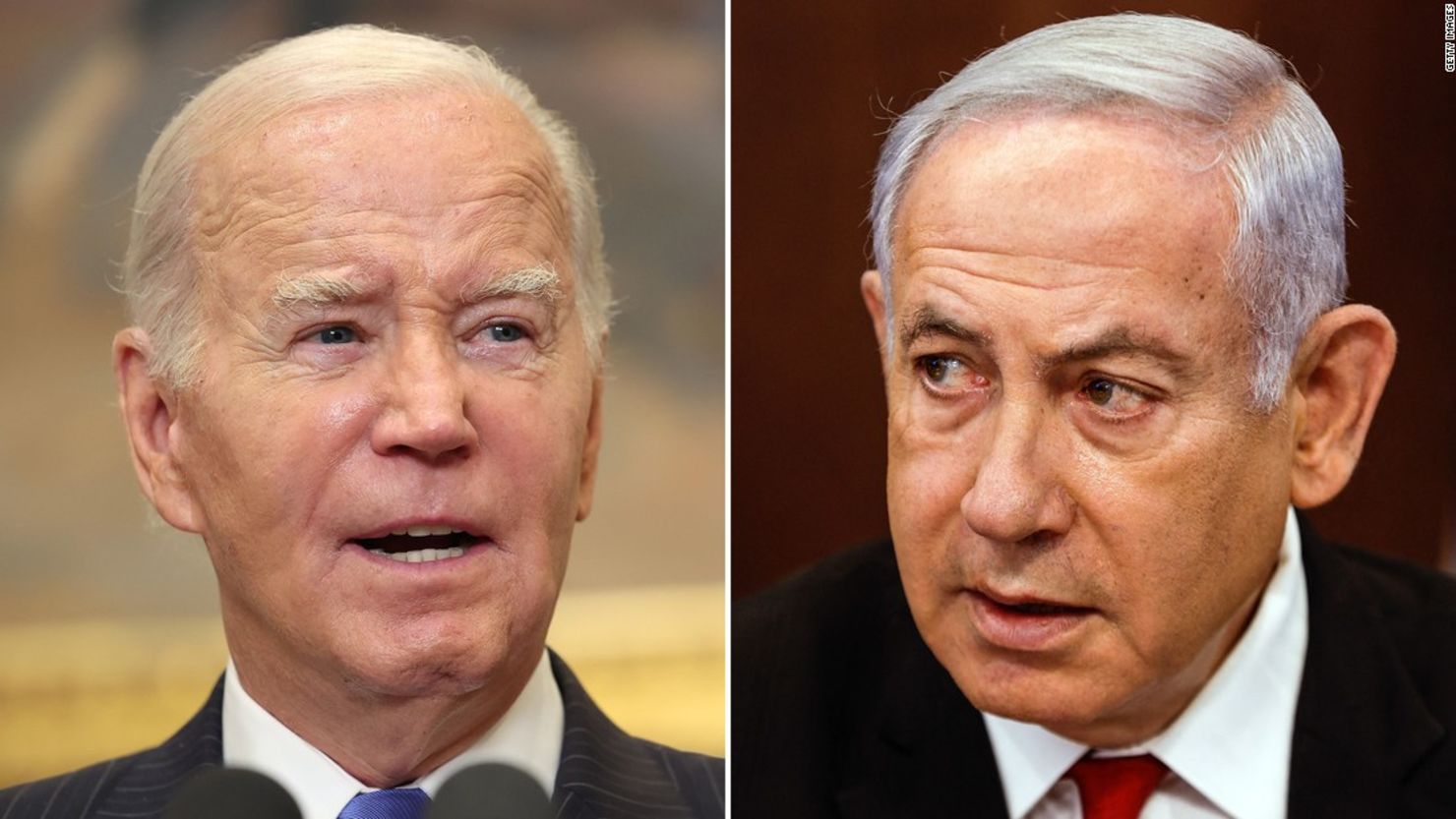Israel’s harsh retaliation costs it support, but there is hope
The majority of American Jews dislike, even hate, Israeli Prime Minister Binyamin Netanyahu

Not because of the current war against Hamas, and the pounding of Gaza, and the death of some 25,000 Gazans — terrorists, and civilians.
The majority of American Jews dislike Netanyahu because the majority of American Jews — about three-quarters — are on the Left, while Netanyahu is on the Right, and he has the support of the Far Right, including religious zealots.
Even moderate American Jews, who are not very religious, aren’t crazy about him. They see his actions are turning Israel into a pariah.
He is costing Israel the high moral ground, which has always kept America, Israel’s best and most powerful friend, at its side (with a few lapses).
I am a strong supporter of Israel, but not because I am a Jew.
I am also a strong supporter of Ukraine, but I am not Ukrainian.
I am a strong supporter of Western-style, (small l) liberal democracies, especially when they are threatened by murderous neighbors.
In its 75 years, Israel has never known a minute of peace. There has never been a moment when a quiet day could not be transformed into a merciless attack, as happened during the Yom Kippur war which was launched on Oct. 6, 1973. Or the slaughter of civilians by Hamas on Oct. 7, one day after the anniversary of the Yom Kippur war. That date was a message from the terrorists, not a coincidence.
Currently, there are two roadblocks to peace.
First is Netanyahu, who has said he would never agree to a two-state solution.
Second is the Palestinian leadership, plus its running dog terror groups, such as Hamas, Palestinian Islamic Jihad, the Popular Front for the Liberation of Palestine, Hezbollah, etc.
Netanyahu’s out-of-hand rejection was stupid for two reasons.
First, until now, Israel could always rightfully point to the Palestinian Arabs as the obstacles to peace. Palestinians are famous for rejecting peace offerings from Israel. In the words of Israeli foreign minister Abba Eban, “The Palestininans never miss an opportunity to miss an opportunity.”
Second, the two-state solution is the official position of the United States. By blowing it off, Netanyahu figuratively slapped the face of his strongest ally. That won’t play well here.
Neither does the brutality of the Israeli response to the Oct. 7 massacre, which was the largest single loss of Jewish life since the Holocaust.
Yes, Hamas fires rockets from schools and mosques and hospitals. It routinely violates the so-called rules of war, and Israel can legally strike civilian targets that have been made military targets by Hamas.
But legalisms don't mean much when the world sees dead children being pulled out of rubble.
By the way, the media keeps reporting that two-thirds of the victims are women and children. The reality in Gaza is that two-thirds of the population are women and children, so the age and gender of victims are no more newsworthy than their religion — Muslim. They are dead because Hamas has turned them into targets.
Even with that said, I am disappointed that Israel has been so ferocious. I suspect that the vaunted Israel Defense Forces, having seen the carnage, murder, rape, torture, arson, and mutilation of Oct. 7 victims, allowed themselves some blood lust. They did not pull punches as they have in the past.
Their goal is to eliminate Hamas.
Can they? It is yet to be seen.
The IDF has taken over Gaza with far fewer casualties than I would have imagined. Remember the pre-invasion fears of the tunnels, snipers, booby traps? Those were largely neutralized.
At some point the war will end — by Israeli victory, or with a cease fire.
What happens next? Netanyahu will be gone. Oct. 7 occurred on his watch and he can’t survive that failure, especially with the ordeal of the hostages also hanging around his neck. Not to mention his trial for fraud, bribery, and breach of trust.
He is as gone as last week’s snow storm.
Who will replace him? Which party — the left-wing Yesh Atid, or the right-wing Likud? It will be a coalition because Israel’s politics are horribly fragmented.
The question is, will it be Left or Right, and will it at least offer lip service to a two-state solution? It should, even insincerely, to avoid being called the obstacle to peace.
A two-state solution is not doable now, not with Israel under attack and an ineffectual and corrupt Palestinian Authority that still pays bonuses to the families of suicide bombers.
Right now, according to polls, neither side wants a two-state solution.
I see a potential glimmer of hope in the Abrahamic Accords, which had Israel tantalizingly close to a handshake with Saudi Arabia.
Some analysts believe Hamas struck now knowing that Israel would hit back hard, and this would push the Saudis away from Israel. This is to the liking of Shia Muslim Iran, Hamas’ main sponsor, which detests Sunni Muslim Saudi Arabia.
The Saudis did back away from Israel, largely because of the Gaza destruction, but they will be back. Israel poses no threat to them, while Iran does. As a common foe, Iran unintentionally draws the Saudis and Israelis closer.
At some point, the war will end, Netanyahu will be gone, and the table will be set with new players.
Since Israelis don’t trust the Palestinian Authority, and vice versa, it will require the participation of a third party to guarantee the peacefulness of an emerging Palestinian state on Israel’s border.
Could that be Saudi Arabia, the “most holy” of the Arab states, because that is where Mecca is located?
Or Qatar, that is playing an important mediation role between Israel and Hamas?
Or the United States, which became a facilitator in achieving the peace agreement between warring parties in Northern Ireland, and Great Britain?
Perhaps all three?
A permanent peace agreement would benefit all sides. The problems of who gets what piece of land are not insurmountable, but that can’t be resolved without trust.
Israel could know peace and security for the first time, and the Palestinians might become a wealthy nation with the technological and agricultural help of its next-door neighbor. They might learn democracy, too.
I know it all sounds like a dream, but dreams sometimes come true.



